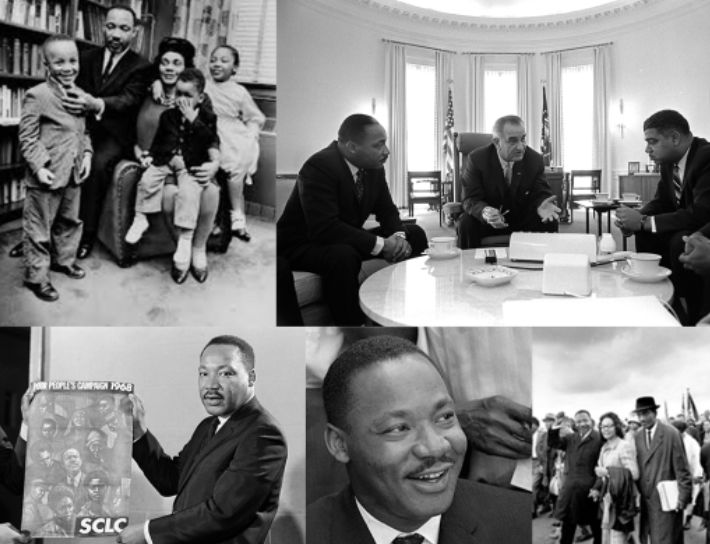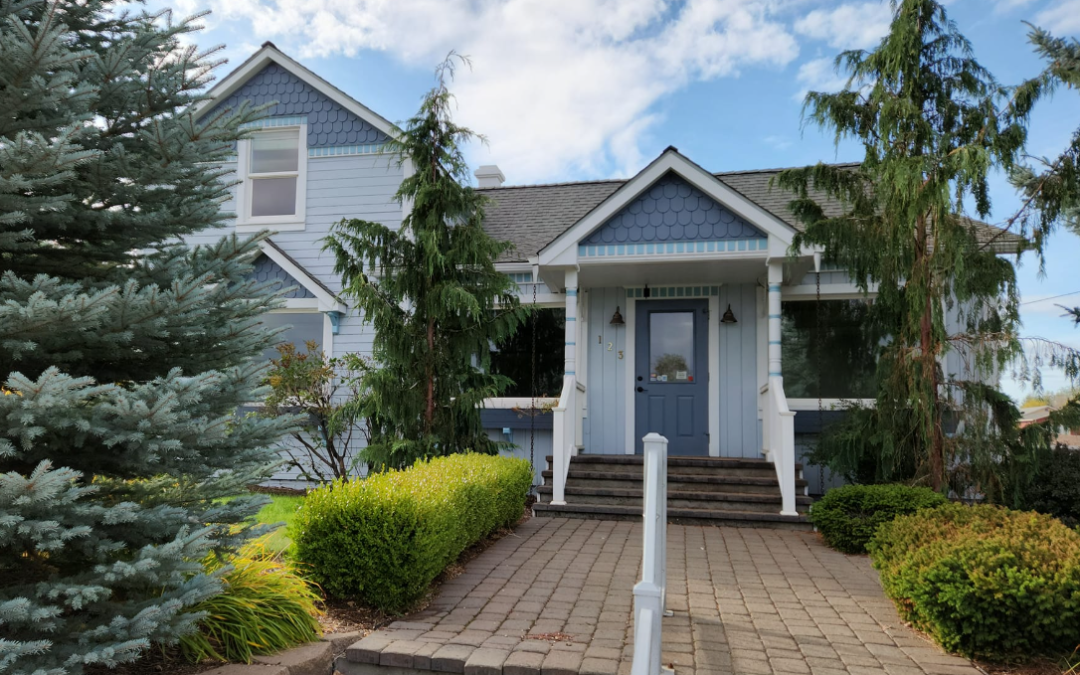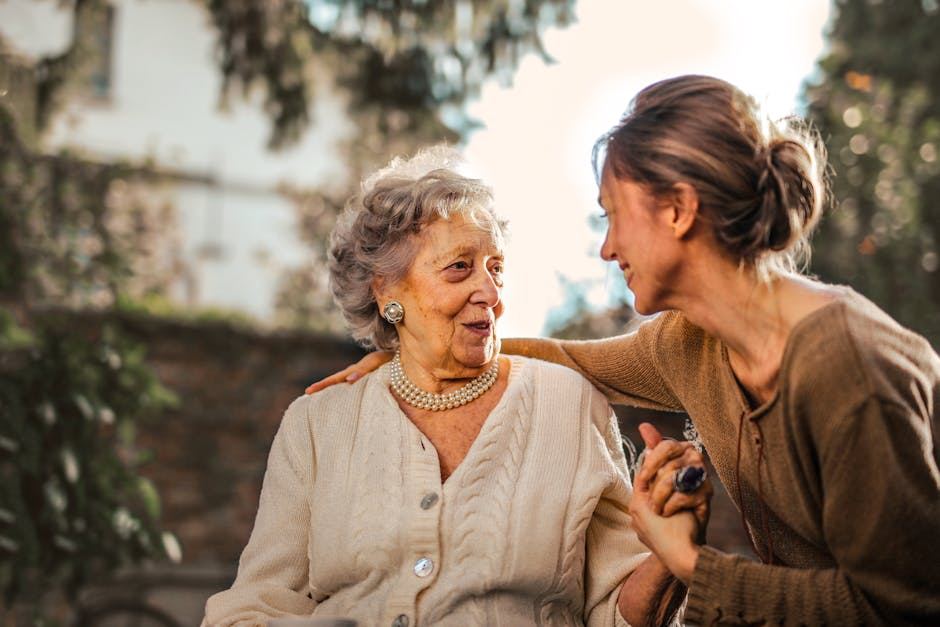The legacy of Martin Luther King Jr. is not just a chapter in American history; it is a living testament to the power of hope, resilience, and the unwavering pursuit of justice. In communities like Madras, Oregon, his teachings resonate deeply, inspiring individuals to reflect on their roles in fostering equality and social justice. As we honor his contributions, we recognize that his vision extends beyond the past; it challenges us to engage actively with the present and future.
King’s philosophy of nonviolence and his commitment to civil rights have left an indelible mark across the nation and particularly within local communities such as Madras. His enduring legacy serves as a guiding light for those seeking to address social inequalities and promote unity among diverse populations. By examining the significance of his work, we can better understand how his ideals continue to shape our communities today.
The Foundation of Equality
Understanding King’s Vision
At the heart of Martin Luther King Jr.’s legacy lies a profound commitment to equality for all individuals, regardless of race or background. His belief that every person deserves dignity and respect is foundational to the civil rights movement and remains relevant today. In Madras, this vision inspires local initiatives aimed at fostering inclusivity and understanding among residents from various backgrounds.
Community Engagement
Incorporating King’s teachings into community engagement efforts is essential for promoting social justice in Madras. Events such as the annual Martin Luther King Jr. Day of Service encourage residents to participate actively in volunteer projects that uplift marginalized groups and address local needs. These acts of service not only honor King’s legacy but also create a sense of shared responsibility among community members.
Educational Outreach
Education plays a crucial role in perpetuating King’s vision of equality. Schools and organizations in Madras are increasingly integrating lessons on civil rights history into their curricula, ensuring that future generations understand the importance of activism and advocacy for social justice. By fostering an environment where discussions about race and equality are encouraged, we empower young people to become informed citizens who can contribute positively to their communities.
The Power of Nonviolence
A Model for Peaceful Protest
Martin Luther King Jr.’s commitment to nonviolent resistance has become a cornerstone of civil rights activism worldwide. His approach demonstrated that change could be achieved through peaceful means rather than violence or aggression. In Madras, this philosophy continues to influence how community members advocate for change, promoting dialogue over discord.
Local Movements Inspired by King’s Legacy
The principles of nonviolence championed by King have inspired various local movements aimed at addressing social issues in Madras. Activists often draw upon his teachings when organizing peaceful demonstrations or community discussions focused on racial equity and justice reform. By embodying these values, residents reinforce the idea that meaningful change can occur without resorting to hostility.
Building Bridges Between Communities
King’s legacy encourages the building of bridges between different cultural groups within Madras. Efforts to foster understanding among diverse populations reflect his belief that unity is essential for achieving lasting change. Community events celebrating cultural diversity not only honor King’s vision but also create opportunities for dialogue and collaboration among residents.
Economic Justice
Advocating for Economic Equality
Towards the end of his life, Martin Luther King Jr. increasingly focused on economic justice as a critical component of civil rights. He understood that true equality extends beyond legal rights; it encompasses access to economic opportunities as well. In Madras, discussions around economic disparities echo King’s sentiments, prompting local leaders to advocate for policies that promote fair wages and job opportunities for all residents.
Addressing Local Economic Challenges
The challenges faced by low-income families in Madras highlight the need for continued advocacy for economic justice—a cause that aligns with King’s vision. Initiatives aimed at providing job training programs and resources for small businesses can empower individuals to break free from cycles of poverty, reflecting King’s belief in the importance of economic empowerment as a pathway to equality.
Creating Sustainable Solutions
Sustainable solutions are vital for addressing economic inequality effectively. By collaborating with local organizations and businesses, residents can work towards creating systems that support long-term economic growth while honoring King’s legacy through community-driven initiatives focused on inclusivity and opportunity.
The significance of Martin Luther King Jr.’s legacy extends far beyond historical recognition; it serves as a powerful call to action for communities like Madras, Oregon. By embracing his teachings on equality, nonviolence, and economic justice, residents can work together toward creating a more inclusive society where everyone has the opportunity to thrive.
As we reflect on King’s impact during commemorative events and through community service projects, we must also consider how we can carry forward his vision into our daily lives. The work is far from over; it requires ongoing commitment from each individual to uphold the values he championed so passionately.
In honoring Martin Luther King Jr., we not only celebrate his achievements but also reaffirm our dedication to building a world where justice prevails—one where love triumphs over hate and unity over division—a world that he envisioned and fought tirelessly for throughout his life.
Sources: volunteer.connectcentraloregon.org, insideoya.com, fox4news.com, timesunion.com, transformschools.ucla.edu, diversity.sonoma.edu, naacp.org, nationalgeographic.com
Header Image Source: insideoya.com






